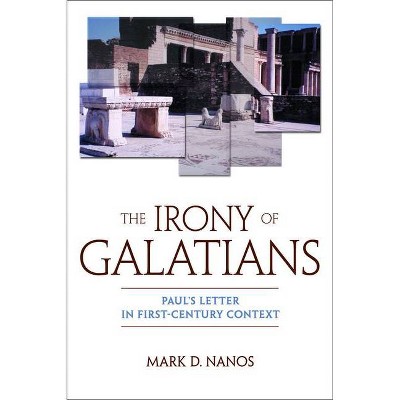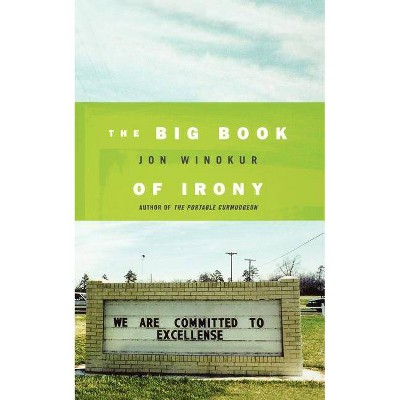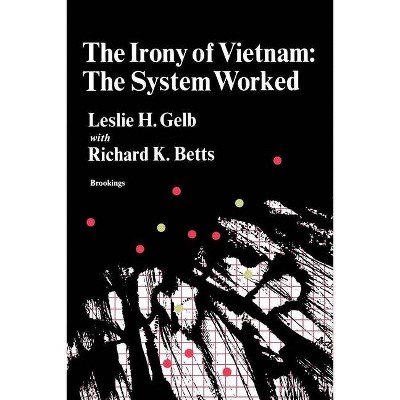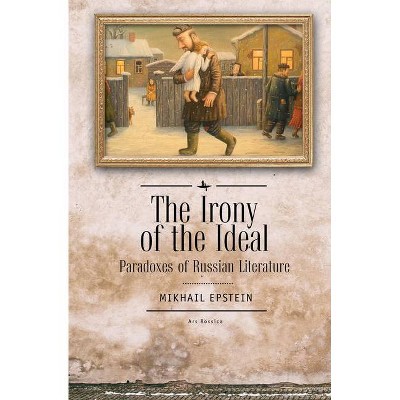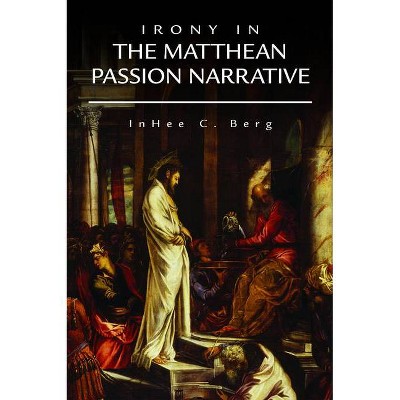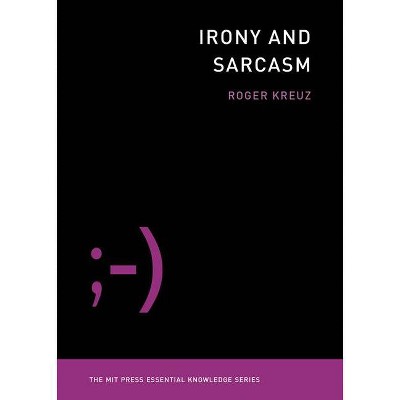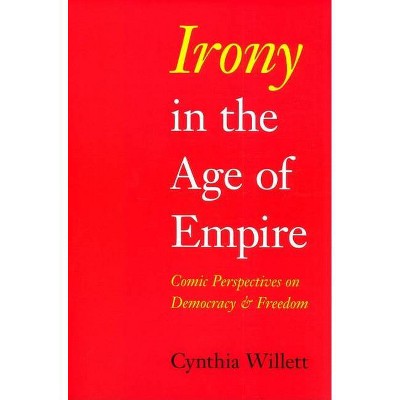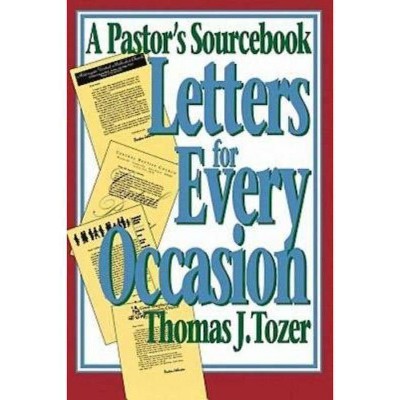Irony on Occasion - by Kevin Newmark (Paperback)
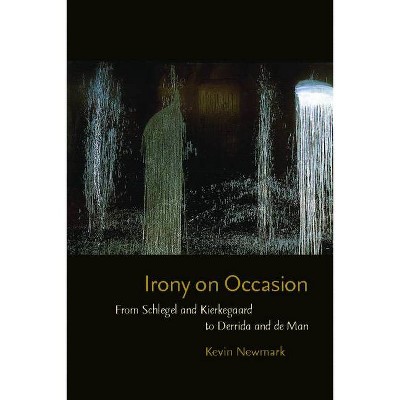
Similar Products
Products of same category from the store
AllProduct info
<p/><br></br><p><b> About the Book </b></p></br></br>This book examines how the romantic and post-romantic concept of irony provides the means for an uneasy articulation between philosophical thought and literary language. It considers the role played by ironic disruptions in writings by Friedrich Schlegel, Søren Kierkegaard, Friedrich Nietzsche, Thomas Mann, Jean Paulhan, Jacques Derrida, Paul de Man, and J.M. Coetzee.<p/><br></br><p><b> Book Synopsis </b></p></br></br><p>What is it about irony--as an object of serious philosophical reflection and a literary technique of considerable elasticity--that makes it an occasion for endless critical debate? This book responds to this question by focusing on several key moments in German Romanticism and its afterlife in twentieth-century French thought and writing. It includes chapters on Friedrich Schlegel, Søren Kierkegaard, Friedrich Nietzsche, Thomas Mann, Jean Paulhan, Maurice Blanchot, Jacques Derrida, and Paul de Man. A coda traces the way unresolved tensions inherited from Romanticism resurface in a novelist like J. M. Coetzee. <p/>But this book is neither a historical nor a thematic study of irony. To the degree that irony initiates a deflection of meaning, it also entails a divergence from historical and thematic models of understanding. The book therefore aims to respect irony's digressive force by allowing it to emerge from questions that sometimes have little or nothing to do with the ostensible topic of irony. For if irony is the possibility that whatever is being said does not coincide fully with whatever is being meant, then there is no guarantee that the most legitimate approach to the problem would proceed directly to those places where irony is named, described, or presumed to reside. <p/>Rather than providing a history of irony, then, this book examines particular occasions of ironic disruption. It thus offers an alternative model for conceiving of historical occurrences and their potential for acquiring meaning.</p><p/><br></br><p><b> Review Quotes </b></p></br></br><br><p>Timely, provocative, carefully reasoned and argued, and unique in its<br>scope.</p><b>-----Elizabeth Rottenberg, <i>DePaul University</i></b><br><br>Irony on Occasion is perhaps the best book on irony written since Kierkegaard's The Concept of Irony in the early nineteenth century.<b>-----J. Hillis Miller, <i>University of California, Irvine</i></b><br><p/><br></br><p><b> About the Author </b></p></br></br><br><strong>Kevin Newmark</strong> teaches literature and literary theory at Boston College. He is the author of <em>Beyond Symbolism: Textual History and the Future of Reading</em>.<br>
Price History
Price Archive shows prices from various stores, lets you see history and find the cheapest. There is no actual sale on the website. For all support, inquiry and suggestion messages communication@pricearchive.us

